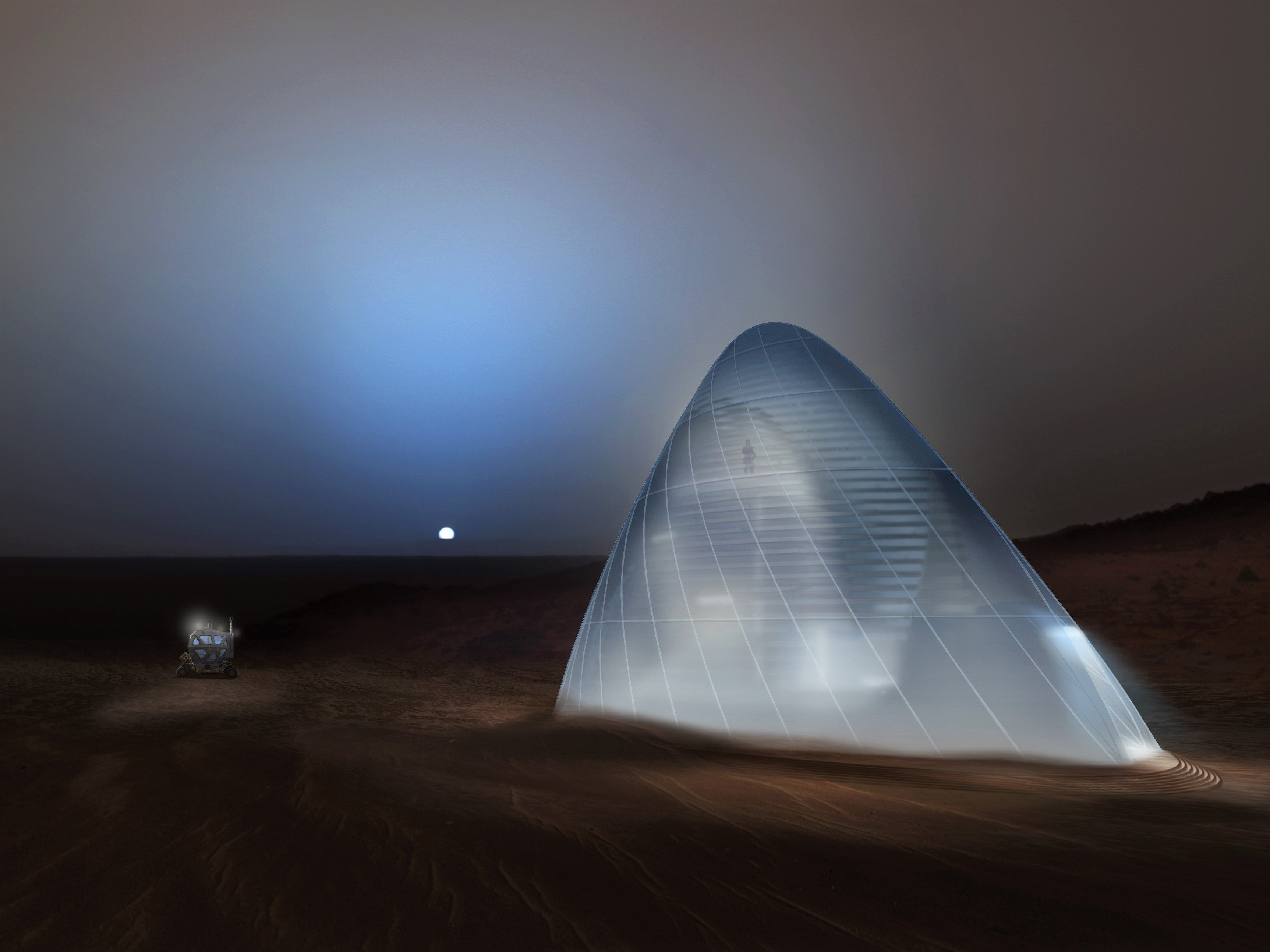The Independent's journalism is supported by our readers. When you purchase through links on our site, we may earn commission.
Elon Musk denies his sperm will seed Mars colony
SpaceX founder hopes to set up human colony by 2050

Elon Musk has denied claims that he plans to use his sperm to seed a colony on Mars.
The SpaceX founder reportedly told employees that he would donate his sperm in order to help establish a permanent human population on the Red Planet, according to The New York Times, which he hopes to set up before 2050.
The report, which cited “two people familiar with his comments, claimed that Mr Musk, 53, had already set up a task force to design habitats and spacesuits capable of withstanding Mars’s harsh environment. A separate team was also reportedly established to investigate whether people could reproduce on Mars.
The tech billionaire denied the claims in a post to X (formerly Twitter) on Thursday evening.
“I have not fwiw [for what it’s worth] ‘volunteered my sperm’,” he wrote, adding a crying laughing face emoji.
“No one at SpaceX has been directed to work on a Mars city. When people have asked to do so, I’ve said we need to focus on getting there first.”
Key to SpaceX’s Mars ambitions is its next-generation Starship rocket, which is currently under development at the firm’s Starbase facility in Boca Chica, Texas.
The most recent test of the spacecraft saw it successfully launch into orbit before splash landing in the Indian Ocean. Mr Musk said another test is expected within the coming weeks, which could see SpaceX attempt to “catch” the first stage Super Heavy booster rocket at the launch tower.
SpaceX plans to build a fleet of Starships capable of ferrying people and cargo throughout the solar system, though transportation may not be the biggest challenge to colonising Mars.
Previous studies have shown that it is possible to send freeze-dried sperm into space, however Nasa scientists have noted that there have been no studies on whether humans are actually able to become pregnant within a low gravity environment.
Mars has a gravity that is only 38 per cent of Earth’s, which could potentially impact the development of the embryo or foetus, while also impacting the growth of a child.
Last month, a separate study revealed that long-duration space travel can impact the structure of astronauts’ kidneys, with samples from humans and mice showing signs of shrinkage after less than a month.
Missions to Mars would take about nine months, meaning astronauts may need to be hooked up to onboard dialysis machines during the journey in order to avoid any long-term health issues.
Join our commenting forum
Join thought-provoking conversations, follow other Independent readers and see their replies
Comments
Bookmark popover
Removed from bookmarks